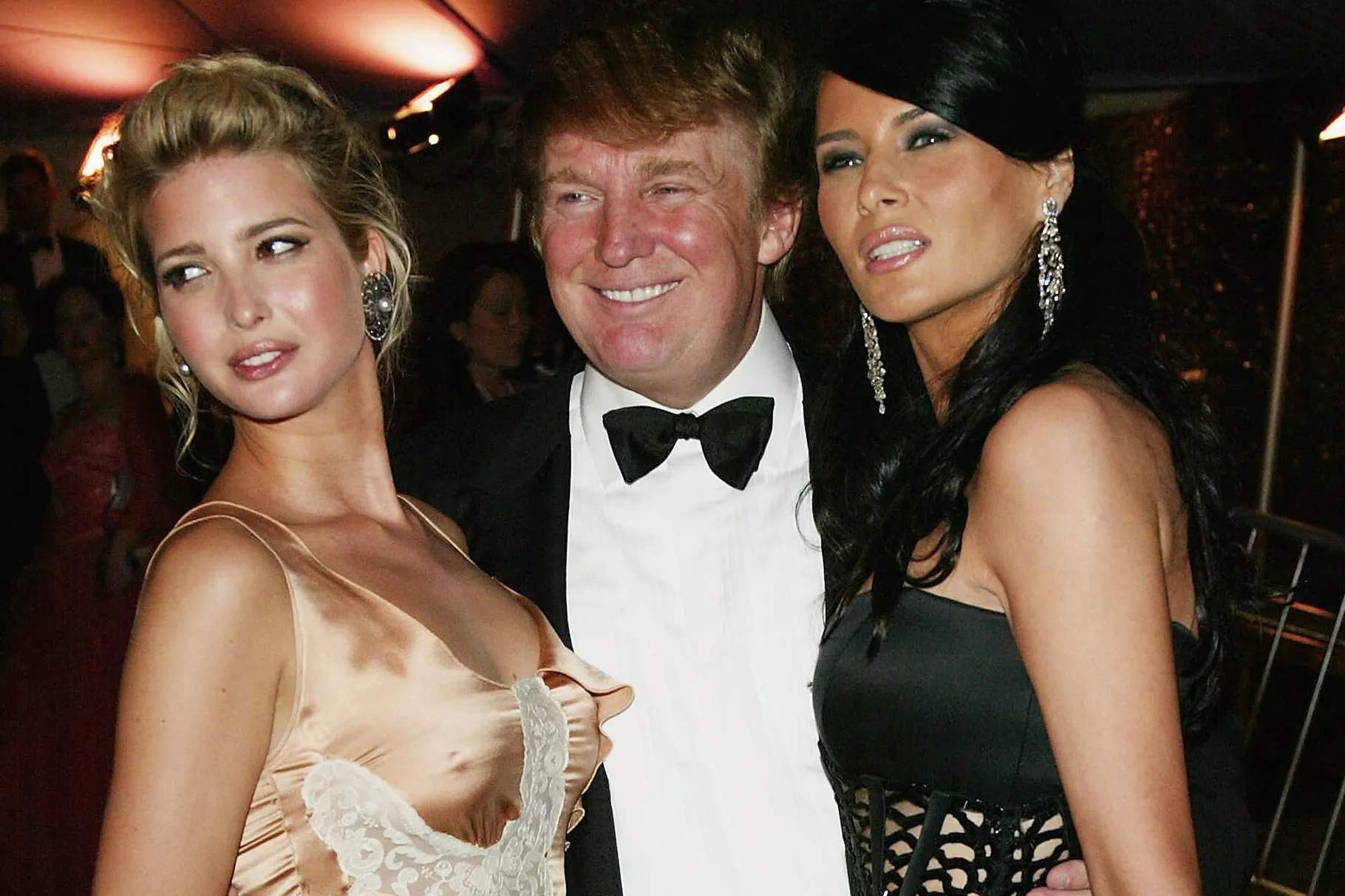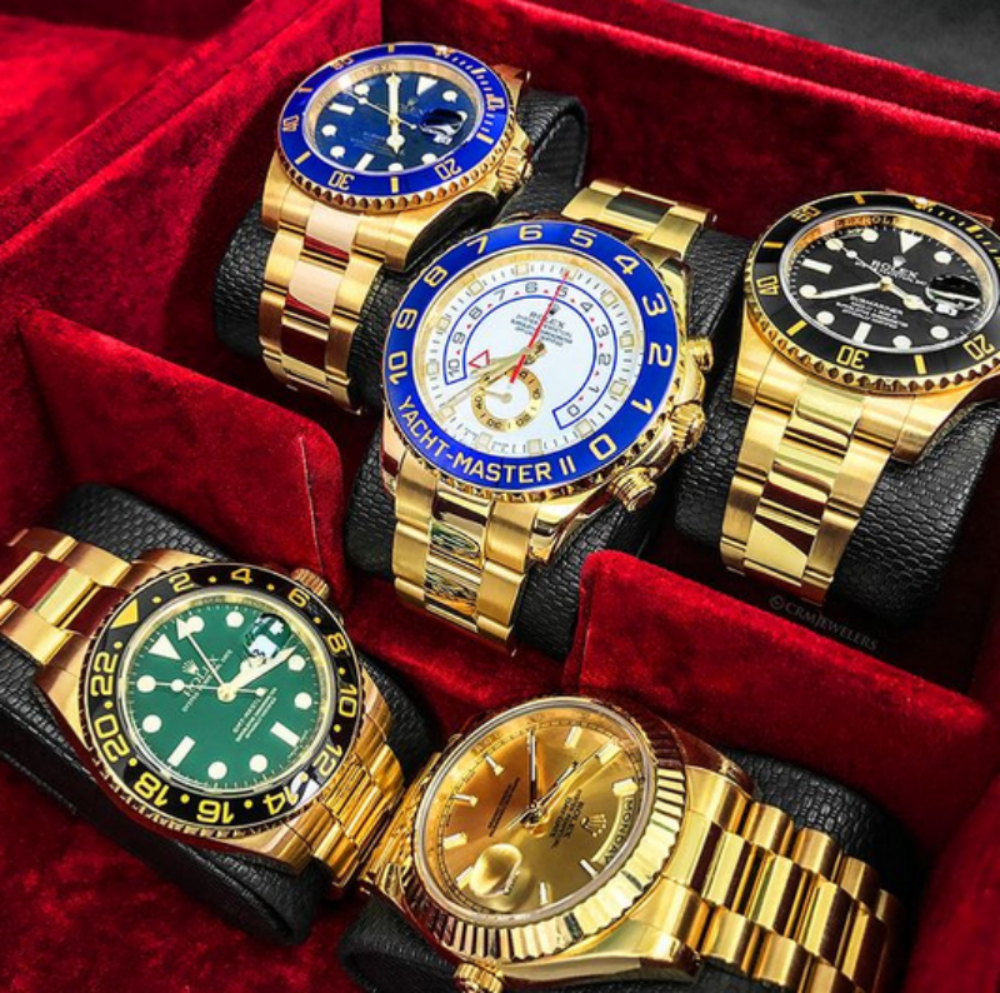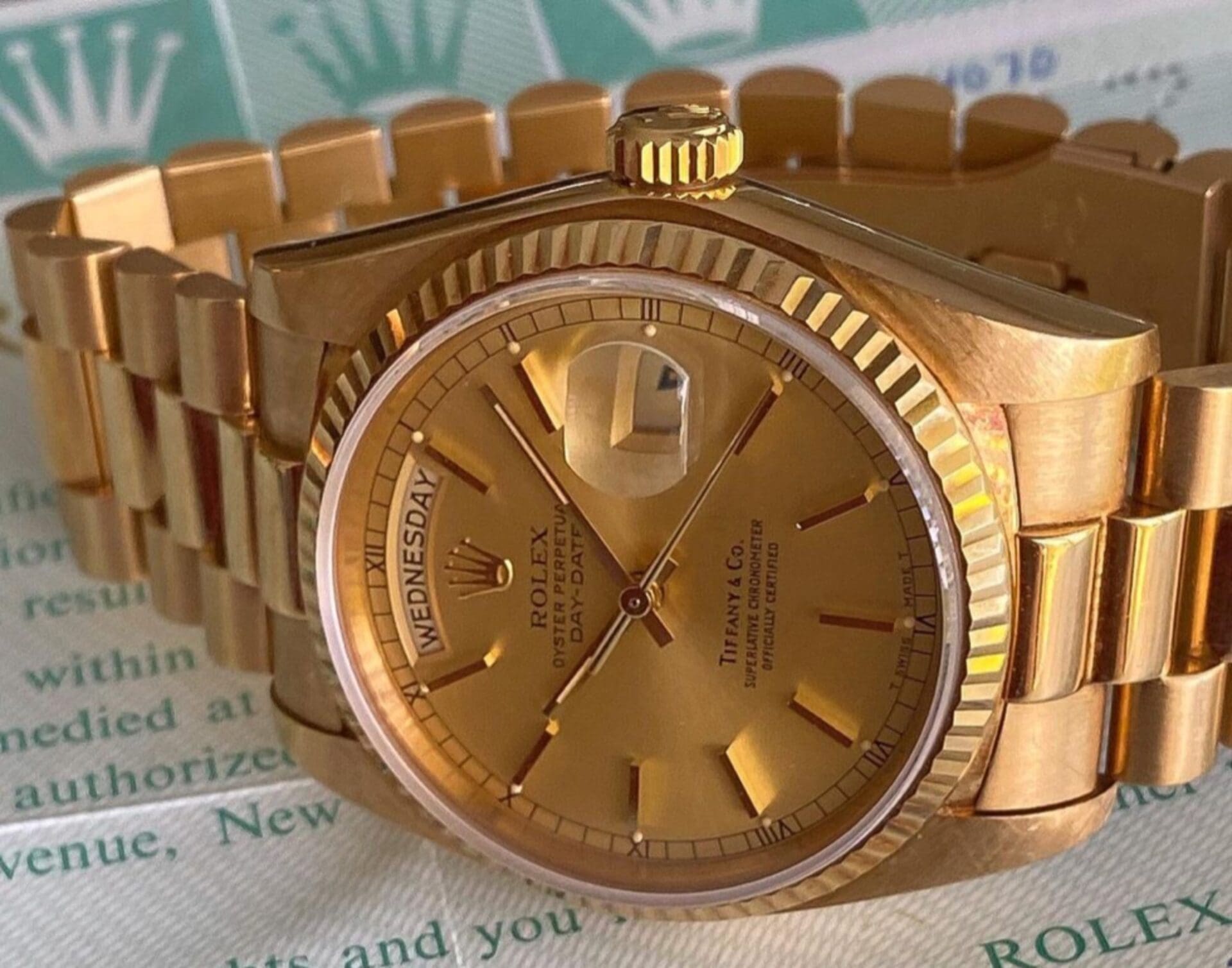Is your expensive watch a turn-off for lovers and friends?
Luke BenedictusIt was Henry Kissinger who famously claimed that “power is the ultimate aphrodisiac” and, given the philandering of countless politicians, it’s hard to argue with this assessment. In many cases, power does indeed seem to bestow an extra layer of sexual magnetism on plain men of sizeable influence.
Yet when someone is not a recognisable figure, the most visible expression of their clout is often communicated through the objects they cloak themselves with. Status symbols, after all, are so called because they convey their owner’s social and economic standing. Eyed from this context, you’d therefore imagine they’d wouldn’t prove unhelpful when trying to engage the attention of the opposite sex.
Which is why a couple of reports are somewhat surprising. First up, a recent study claims that spending lots of money is the second biggest financial deal-breaker among women. The report from the Western & Southern Financial Group says that “irresponsible spending” is a real turn-off in a male partner.
What’s all this got to do with watches? Well, let’s face it, for many people, the idea of spending thousands on a product that’s now functionally obsolete in the modern world is mystifying at best. For example, in the new issue of T+T’s NOW magazine – that lists all the major watches releases of the last six months – we include more than 50 watches with a price-tag in excess of $50,000 (32 of them, in fact, cost more than $100k). However deep your pockets may be, it’s hard to imagine persuading your accountant that a watch in that price-range is a good idea. Sure, you could try and justify it as a potential investment, but it could certainly qualify as “irresponsible spending”.
Admittedly, that was a limited study that only surveyed 1,000 married Americans on the money issues that can make or break a relationship. And no, it didn’t specifically reference watches either. But further research surprisingly bolsters this idea that expensive products can have a negative social impact.
In 2018, a report called “The Status Signals Paradox” appeared in Social Psychological and Personality Science. In it, researchers conducted a series of six studies in which both men and women were introduced to a selection of individuals before ranking how likely they would be to strike up a romantic or non-romantic relationship with them. What was notable was that people who chose to be clothed in more high-status items fared demonstrably worse in both departments. When people were asked about who they want to be friends with, they consistently gravitated to the people wearing lower or neutral status symbols.
Intriguingly, one of these scenarios explicitly focused on watches. Respondents were asked to picture the following scene: “Imagine you’ve just moved to Denver and you’re going to a social activity at a downtown bar. You really want to make some new, close friends. As you’re getting ready you’re trying to decide on which of two watches that you own you should wear. One is an expensive TAG Heuer watch and the other is an inexpensive generic watch. Both match your outfit.”
The respondents were asked to select a watch and, not surprisingly, the majority chose the TAG. But when they were then asked which kind of watch-wearer they’d rather approach to become friends with, the majority opted for the person wearing the inexpensive watch.
“Often times we think that status symbols – whether a luxury car like a BMW, a brand name purse like Prada, or an expensive watch like Rolex – will make us look more socially attractive to others,” says Stephen Garcia, an Associate Professor in Psychology and Organizational Studies at Michigan University, who conducted the study. “However, our research suggests that these status signals actually make us look less socially attractive, not more.”
Obviously, there are a ton of other variables to consider here. The makeup of your social circle would surely affect the results, as would their broader familiarity with watch brands. From a mainstream perspective, however, the results are surprising. If you really want to win friends and influence people, it seems, the best way to do so may not be to spend big on a new watch. Perhaps you should become a politician instead.








